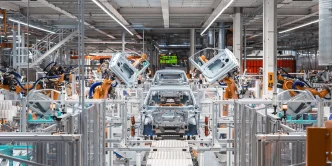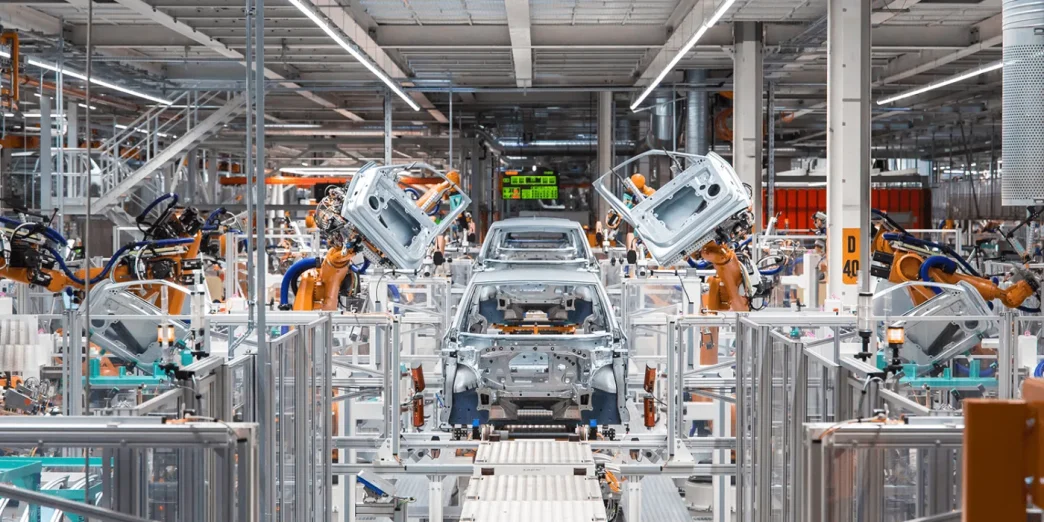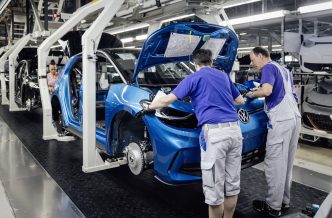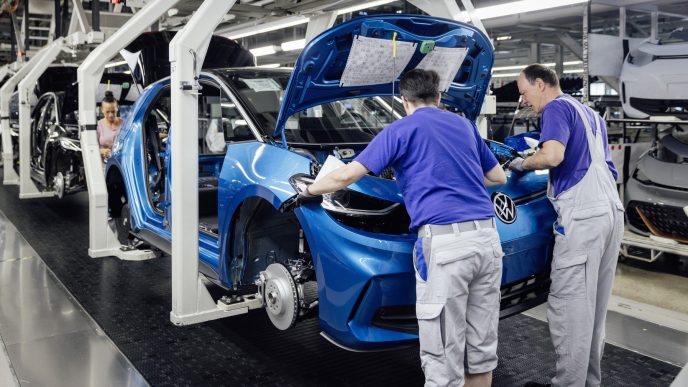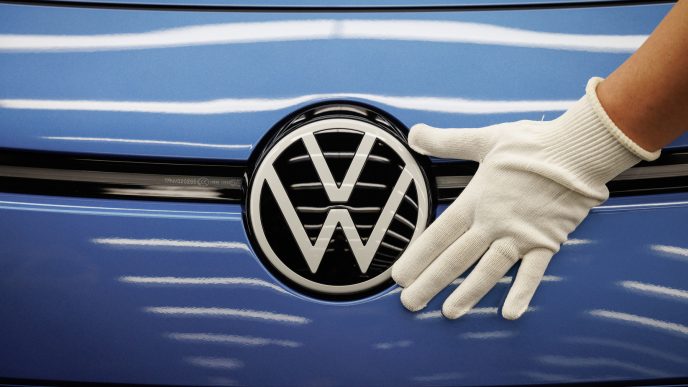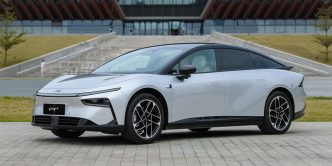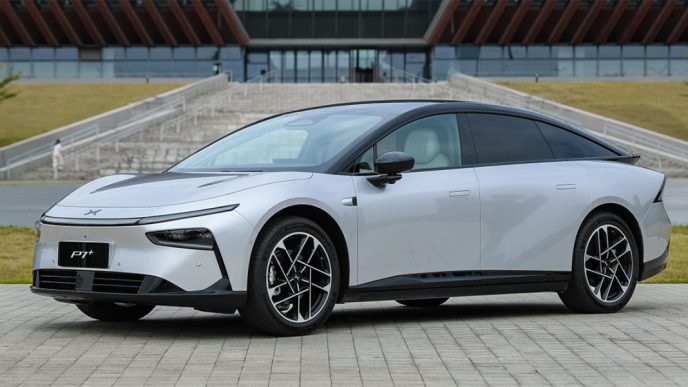Volkswagen has announced it will not renew contracts for its 1,000 temporary employees at the Zwickau electric vehicle (EV) plant, with all contracts set to expire by the end of 2025. The decision, confirmed by Volkswagen and the Works Council following a works meeting, comes as the automaker faces weak demand for its EV models.
The Zwickau plant, which had employed over 2,500 temporary workers in 2023, has seen a significant reduction in its workforce. Contracts for 1,000 temporary employees are still active, but no extensions will be granted, a Volkswagen spokesperson told local media, citing an unchanged and uncertain order situation. The decision follows a series of reductions, including 1,000 temporary job expirations in 2023 and earlier offers of permanent roles to about 700 temporary workers.
In response, the affected employees have penned an open letter to Volkswagen’s management and political representatives, expressing frustration over job cuts and a perceived lack of support. “We feel let down by politicians and the Executive Board,” the letter states, accusing decision-makers of failing to address challenges in the EV market.
The Zwickau plant, a cornerstone of Volkswagen’s EV production strategy, has faced declining demand, leading to operational changes. Production lines were reduced to two-shift operations in September, eliminating night shifts. While the factory employed approximately 9,400 workers as of July 2023, it had supported only 6,500–7,500 employees before its conversion to an EV production hub in 2019.
The Zwickau facility produces several EV models, including the VW ID.3, Cupra Born, ID.4, ID.5, and Audi’s Q4 e-tron and Q4 Sportback e-tron. However, weak sales led to production pauses, such as a two-week halt in October 2023 for the VW ID.3 and Cupra Born, followed by a complete shutdown of their production lines in late 2023.
Volkswagen’s challenges at Zwickau underscore broader difficulties in meeting EV market expectations. The company has stated it will monitor market conditions closely, leaving open the possibility of ramping up production if demand recovers.
Source: freiepresse.de

